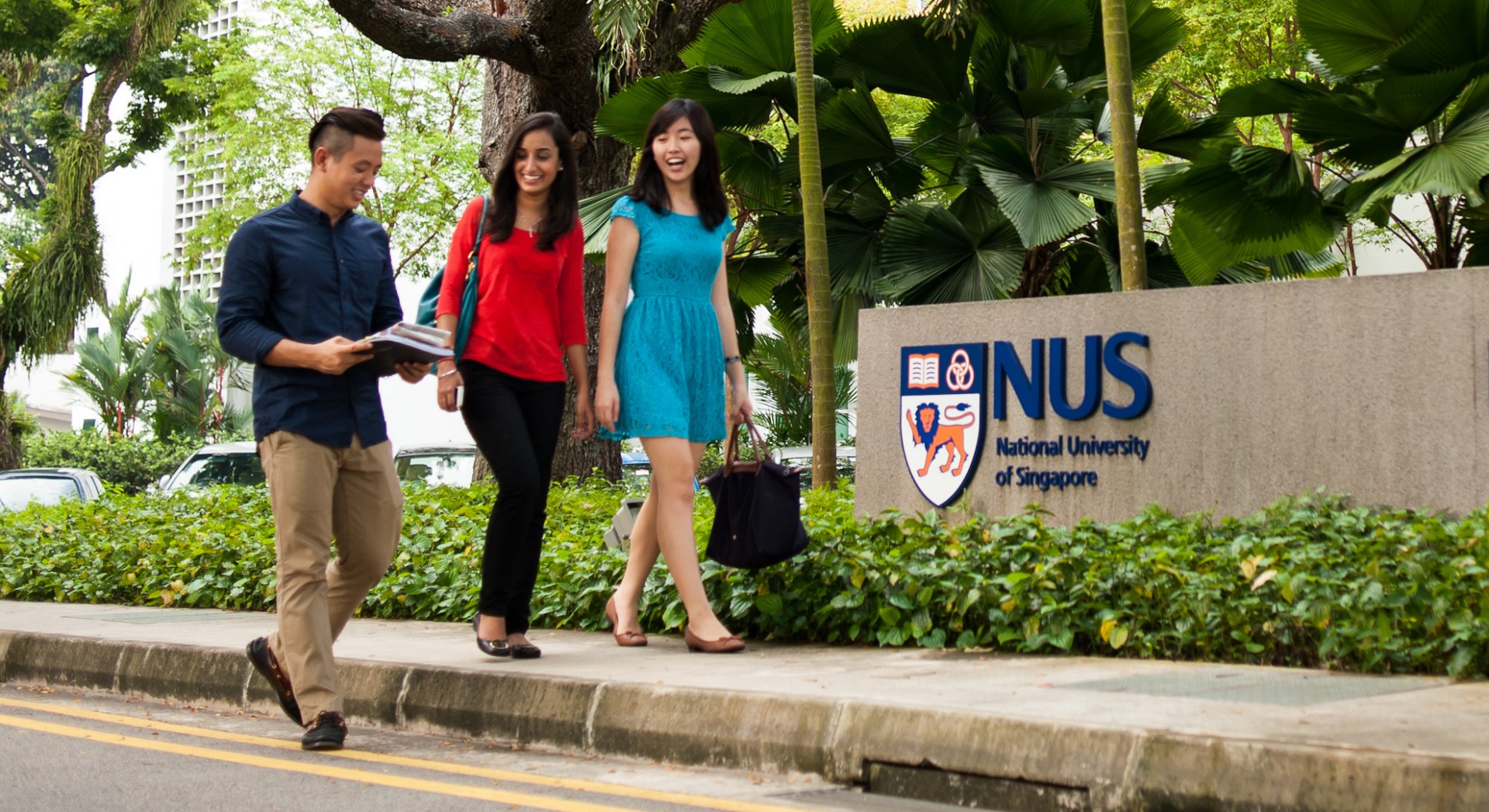Mastering future economies at the NUS Postgraduate by Coursework Fair 2022
To ensure graduates are ready for the challenges and opportunities brought forth by the future economies, NUS has assembled a line-up of virtual masterclasses and information sessions at the inaugural NUS Postgraduate by Coursework Fair from 4 to 5 October 2022.
Faculty experts and programme consultants from across 14 colleges, faculties, schools, and institutes will meet prospective students at various online sessions, and introduce the exciting suite of master’s degree programmes offered by NUS.
With the challenges brought about by digital disruption, climate change and other emerging social concerns around the world, the future is increasingly volatile and complex. But these uncertainties also point the way towards new opportunities in key areas of growth anticipated for the future. Commonly referred to as the future economies, these growth areas lie in the Digital, Green, Care and Industry 4.0 domains, and will catalyse changes to the job market that will require new knowledge and skillsets.
“More than one billion jobs, almost one-third of all jobs worldwide, are likely to be transformed by technology in the next decade, according to estimates by the Organisation for Economic Co-operation and Development. A growth mindset will ensure that we remain resilient in the face of ongoing challenges, posed by fundamental societal changes driven not only by technological advances but also by demographic and climate change. Prioritising lifelong learning will help us master modern work and thrive in the new economies,” said Professor Susanna Leong, Vice Provost (Masters' Programmes & Lifelong Education).
The two-day education fair will see 39 experts speaking across 14 masterclass sessions on these themes. Participants will be able to learn about trending topics related to the future economies through live and recorded webinar sessions delivered by academics who are accomplished in their fields. Here’s a look at some of them.
Digital economy
With digitalisation transforming the delivery of services and traditional business models, digital economy jobs will become more prevalent throughout many sectors. Underscoring how the adoption of new technologies can drive innovations in the maritime industry, Senior Lecturer Li Haobin from the College of Design and Engineering and Academic Director of the Master of Science (Maritime Technology and Management) Programme, will speak about how digital twinning – the re-creation of real-life facilities as virtual models – can make a difference in the design and operation of ports.
Green economy
The reduction of carbon emissions is essential in managing global warming and climate change. Associate Professor L Roman Carrasco from the Faculty of Science, will make the case for why he thinks carbon markets represent one of the most promising tools to accelerate a transition towards green energy in the session “Carbon Markets as Foundations for Nature-Based Climate Solutions”.
Care economy
The nurturing and development of current and future populations will be an increasingly important consideration for societies as countries around the world grapple with concerns around health and aging. The education and care sectors therefore play an essential role in the future economies. Two masterclasses on the Care Economy will see Associate Professor Intekhab Islam and Professor Frank Lobbezoo, both from the Faculty of Dentistry, presenting respectively on wisdom teeth surgery and current insights into sleep bruxism (the medical term for the grinding of teeth at night).
Industry 4.0
The fourth industrial revolution refers to how technologies like artificial intelligence, autonomous vehicles and the Internet of Things will blur the lines between the physical, digital and biological spheres, changing the way we live, work and interact. Armed with three decades of experience in the field of robotics, Professor Prahlad Vadakkepat from the Department of Electrical and Computer Engineering at the College of Design and Engineering, will share insights on how individuals and organisations can stay competitive in the fourth industrial revolution (Industry 4.0) by adapting to change and leveraging on the latest technological developments.
At the virtual booths, participants can find out about the admission requirements, application periods and processes, programme structures, fees and more. There will also be Information Sessions where faculty and programme consultants will share insights on the programmes and answer questions from prospective students through live webinars.
Register here to access the line-up of events and activities.
By the Academic Programmes Business Unit at the Office of the Vice Provost (Masters' Programmes & Lifelong Education)



